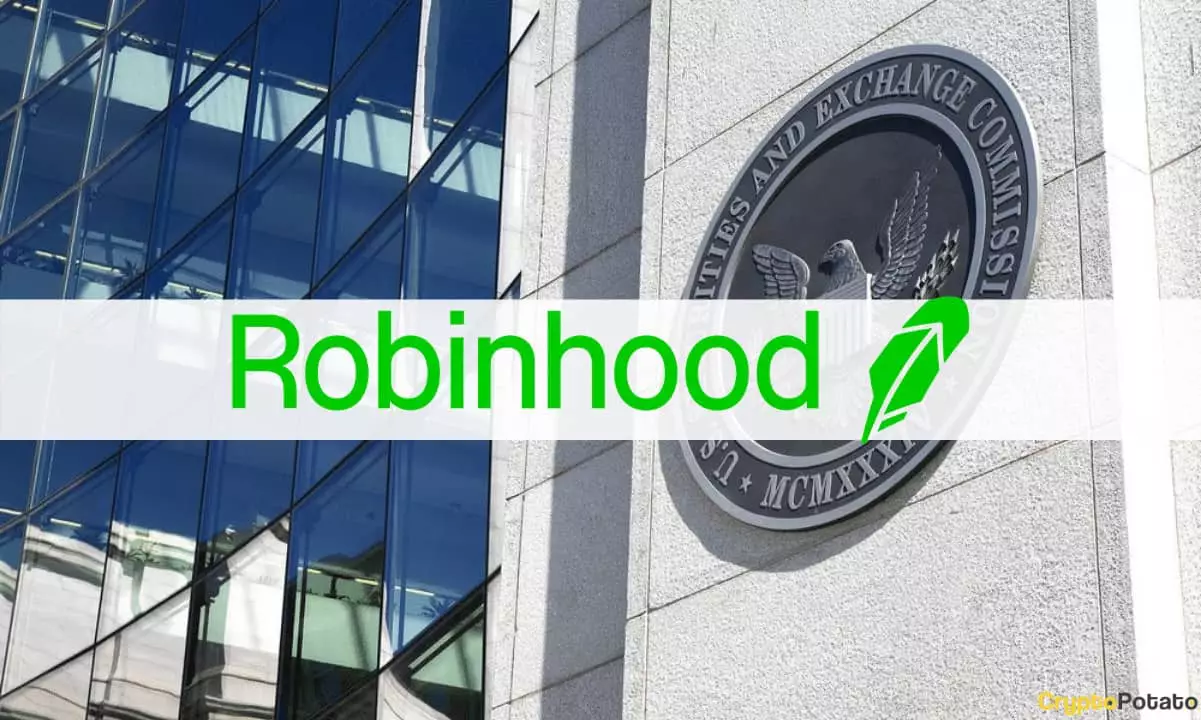Robinhood Markets Inc. has found itself in hot water with the Securities and Exchange Commission (SEC) as the latest crypto trading platform to receive a notice of potential legal action. The SEC disclosed a “preliminary determination” to recommend filing a lawsuit against Robinhood for alleged violations of Sections 15(a) and 17A of the Securities Exchange Act of 1934. These sections pertain to broker-dealers being registered with the SEC and defrauding customers through material misstatements or omissions, respectively.
Robinhood’s Response and Disappointment
In response to the SEC’s decision, Robinhood expressed their disappointment, stating that they had made “years of good faith attempts” to comply and register with the agency. Dan Gallagher, Chief Legal, Compliance and Corporate Affairs Officer of Robinhood, firmly believes that the assets listed on their platform are not securities. Despite their willingness to engage with the SEC, Robinhood remains confident in their position and anticipates a positive outcome.
Interestingly, Robinhood’s stock, HOOD, did not see a significant dip following the news of the SEC’s action, trading only 1.14% above the previous close. This resilience could be attributed to investor confidence in the company’s ability to navigate legal challenges effectively. Earlier incidents involving the SEC’s scrutiny of other crypto platforms like Binance, Coinbase, and Kraken have shed light on the regulatory landscape surrounding digital assets.
The SEC’s focus on cryptocurrency-related activities has extended beyond centralized exchanges to decentralized platforms as well. Notably, the threat of legal action against Uniswap Labs and the ongoing battle with Consensys over Ether (ETH) as a security highlight the broader implications of the regulatory environment. Industry experts, such as Jake Chervinsky, have criticized the SEC’s allocation of resources towards crypto regulation, questioning its alignment with the agency’s primary mandate of overseeing traditional equity and debt markets.
The SEC’s action against Robinhood underscores the evolving regulatory landscape for digital assets and the challenges faced by platforms operating in this space. As the legal battle unfolds, the outcome will not only impact Robinhood but also set a precedent for how regulatory authorities approach cryptocurrency regulation in the future.









